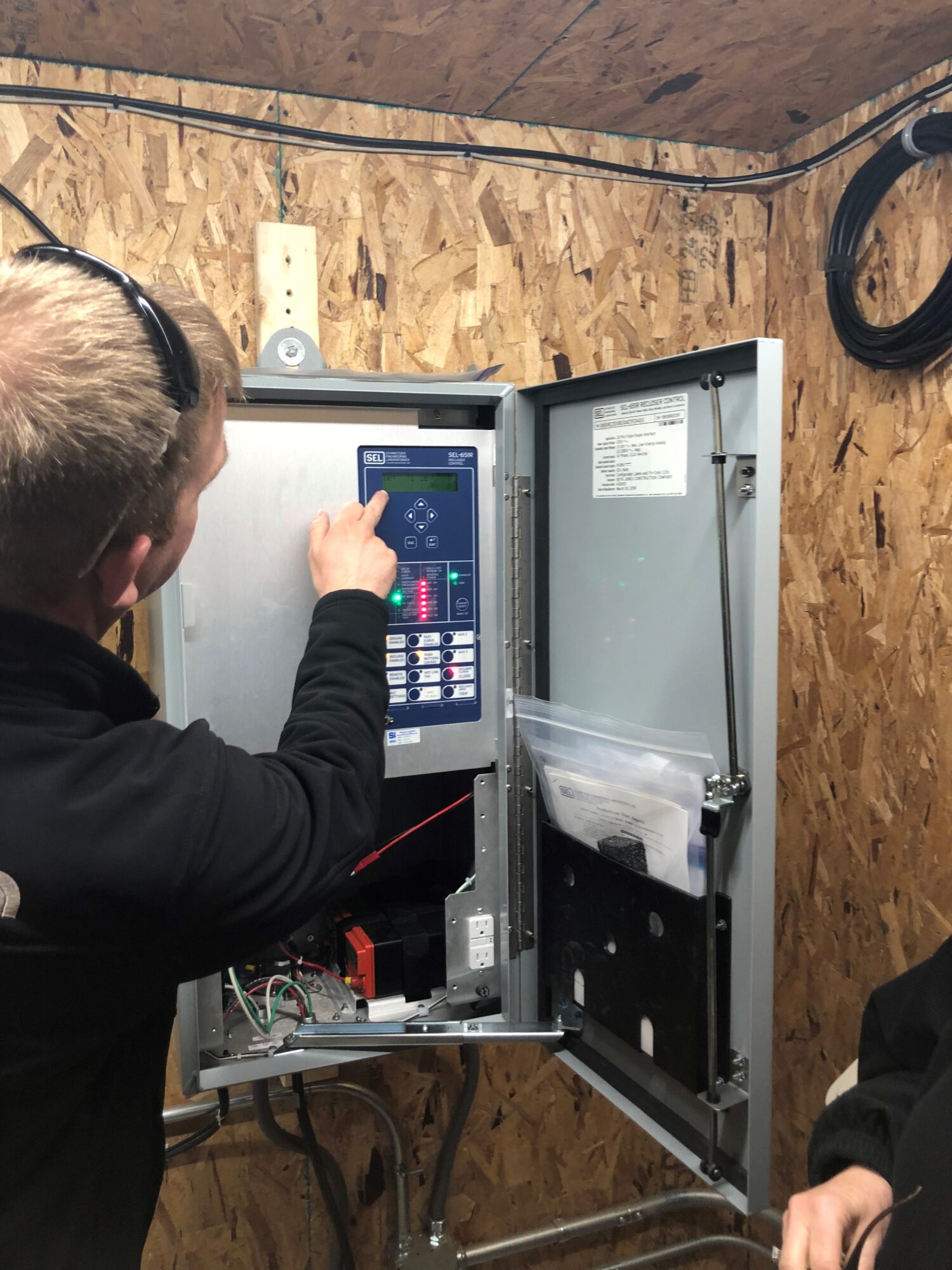

POWER UTILITY TECHNICIAN BLS FULL
Most windtechs work full time, and they also may be on call in the evening or on weekends. Wind turbine service technicians generally work outdoors, in confined spaces, and often at great heights. Wind turbine service technicians maintain and repair wind turbines. Those working at utility companies earned $91,170.Please enable javascript to play this video. For example, operators working for government organizations earned a median annual wage of $86,350 in May 2020. Salary potential also depends on a professional's experience, location, and employer. The top 10% of power plant operators, distributors, and dispatchers earned over $121,490 per year.

According to the BLS, power plant operators earned a median annual salary of $84,650 in May 2020. Many power plant operators are able to find lucrative employment. What Is a Power Plant Operator's Salary Potential? The BLS projects that there will be 29,000 open positions for power plant operators in 2030. Trained workers must replace professionals who leave their positions or retire. However, there will still be sustained demand for operators to manage plant systems. The Bureau of Labor Statistics (BLS) projects the number of available positions for power plant and systems operators to decline by 14% between 20. The efficiency of automation, such as smart-grid technology, has reduced the need for human labor in power plants. What Is a Power Plant Operator's Career Outlook? Ensure that generators produce enough electricity to meet electric power quotas.Perform basic equipment maintenance, such as cleaning, lubricating, and rerouting electrical currents.Check line voltages, frequencies, and electricity flows for irregularities, and correct potential problems.Operate machinery to convert raw energy sources like coal or nuclear energy into electrical power.Power plant operators typically assume the following job responsibilities:
POWER UTILITY TECHNICIAN BLS SOFTWARE
They operate control boards and specialized software programs to start and stop generators, maintain necessary voltage, and make sure that plants distribute electrical power appropriately to designated consumers or regions.īecause improper operation can be costly, inconvenient, or even dangerous, these professionals must monitor electricity distribution closely and enforce safety protocols, using charts and meters to evaluate voltage and output. Power plant operators manage and maintain power-generating machinery such as boilers, fans, pumps, and turbines. However, certain employers may prefer to hire operators with some postsecondary or vocational training. While power plant operators usually need a high school or GED diploma, most of these professionals learn essential skills on the job. They also monitor the generators' output as electricity travels from larger plants to smaller substations to meet consumers' needs. Power plant operators control and maintain equipment that generates electricity. Although natural gas and nuclear energy were the leading sources of electricity generation in 2020, renewable energy is the fastest-growing source, doubling between 20. Power plants convert resources like petroleum, coal, natural gas, wind, and hydroelectric energy into electricity, which is then distributed to consumers. In 2020, the median annual salary of power plant operators was $84,650.Operators must hold a high school or GED diploma and learn skills on the job.Power plant operators oversee equipment like boilers, pumps, and turbines.The Public Ivies, Little Ivies, and Other Ivy League Equivalents.


 0 kommentar(er)
0 kommentar(er)
